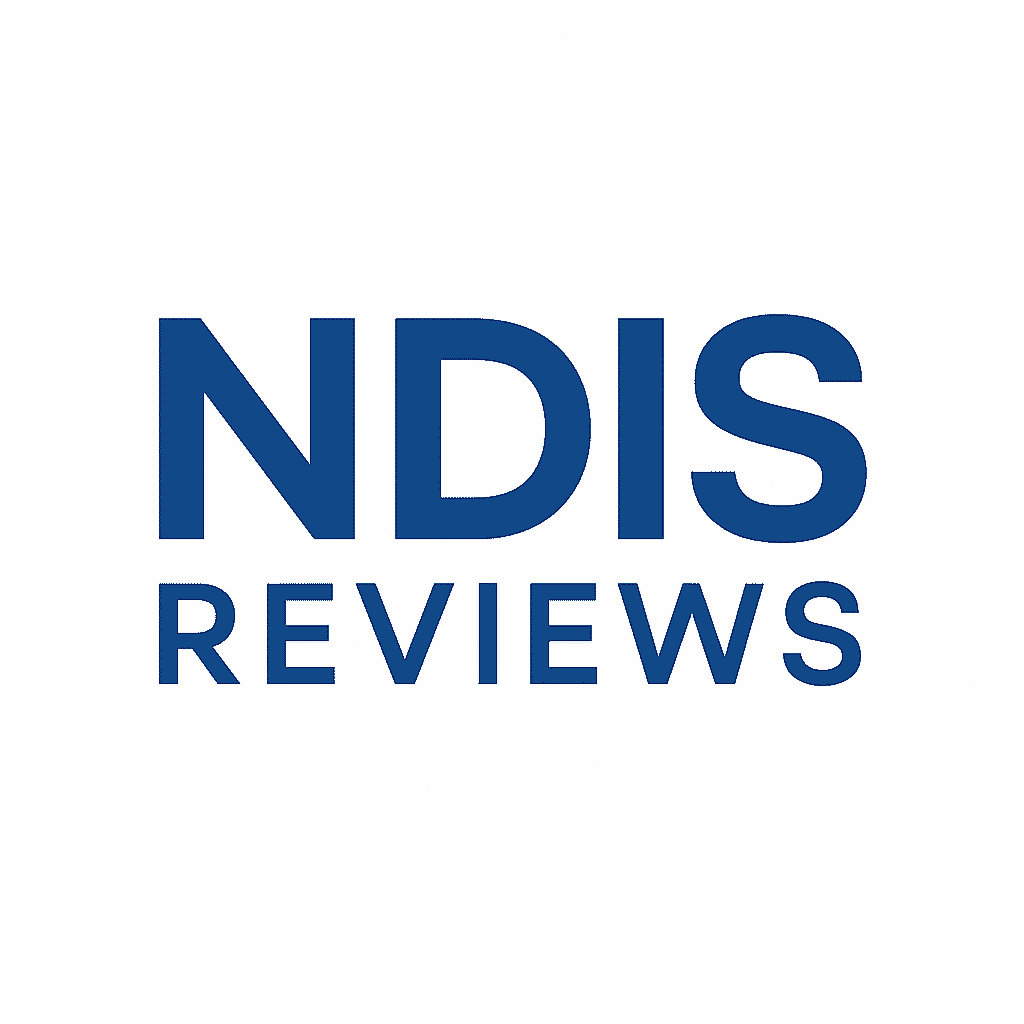NDIS Registration Groups
Registration groups describe the types of supports NDIS providers are approved to deliver. Use the table below to learn what they mean.
| Registration Group | What it means |
|---|---|
| Coordination & Management | |
| Support Coordination | Help navigating your NDIS plan and connecting with services. |
| Interpreting and Translation | Language and communication support, including Auslan and CALD interpreters. |
| Assistance Animals | Training and support for assistance animals that help with disability-related tasks. |
| Assistance with Travel / Transport | Funding or support to travel safely and independently. |
| Funding Management | |
| Plan Management | Financial administration of your plan — including paying invoices, tracking spending, and helping you choose registered and unregistered providers. |
| Daily Living | |
| Daily Personal Activities | Support for everyday tasks like showering, dressing, grooming, and toileting — often provided in the home. |
| High Intensity Daily Personal Activities | Specialised personal care for participants with high medical needs — such as feeding tubes or tracheostomy care. |
| Household Tasks | Help with cleaning, laundry, or meal prep — supports safe, independent living. |
| Development of Daily Living and Life Skills | Training to build independence — such as budgeting, cooking, or catching public transport. |
| Assistance with Daily Life in Shared Living | Help with daily activities in a group home or shared living arrangement. |
| Employment & Community | |
| Specialised Supported Employment | Ongoing support in workplaces like ADEs for participants with higher support needs. |
| Assistance with Employment or Education | Help to prepare for, access, or maintain a job or study pathway. |
| Participation in Community / Social / Civic Activities | Support to attend events, hobbies, or volunteering opportunities. |
| Innovative Community Participation | Creative or flexible programs that connect participants to community in new ways. |
| Group and Centre Based Activities | Structured programs delivered in groups — such as day programs or social outings. |
| Therapeutic Supports | |
| Therapeutic Supports | Services such as psychology, speech therapy, OT, or counselling. |
| Behaviour Support | Support plans and specialist intervention to reduce challenging behaviours. |
| Early Childhood Early Intervention | Supports for children 0–6 with developmental delay or disability. |
| Exercise Physiology and Physical Wellbeing | Therapy to support mobility, strength, and fitness goals. |
| Community Nursing Care | In-home nursing care for participants with high needs or complex health issues. |
| Equipment & Technology | |
| Assistive Equipment for Recreation | Sports or hobby-related equipment to increase participation. |
| Assistive Products for Household Tasks | Tools to assist with cooking, cleaning, or gardening. |
| Assistance Products for Personal Care | Items that support hygiene or safety — like shower chairs or bed rails. |
| Personal Mobility Equipment | Wheelchairs, walkers, or scooters that support safe movement. |
| Communication and Information Equipment | Devices like speech generators, Braille displays, or screen readers. |
| Hearing Equipment | Hearing aids or other audio technology. |
| Vision Equipment | Tools for people with low vision — like magnifiers or Braille devices. |
| Housing & Modifications | |
| Accommodation / Tenancy Assistance | Support to find or maintain housing, including tenancy advice. |
| Home Modification Design and Construction | Bathroom rails, ramps, or other structural changes to the home. |
| Specialist Disability Accommodation (SDA) | Purpose-built homes for people with high support needs. |
| Customised Prosthetics | Individually designed prosthetics based on participant needs. |
| Vehicle Modifications | Modifying a car with hoists, hand controls, or seating adjustments. |
Want more help understanding these? Let us know.
Last updated: 17 July 2025

